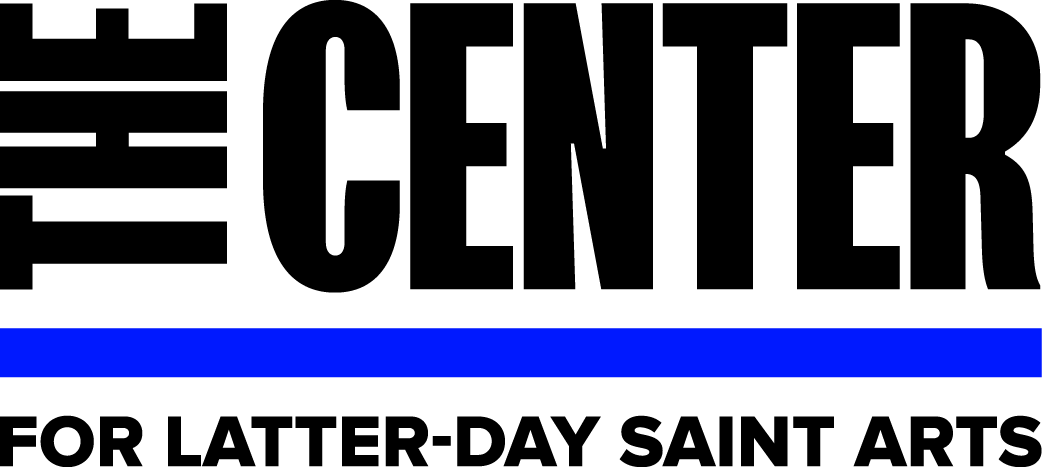Jacob 1-4: Be Reconciled unto God through the Atonement of Christ
April 1-7
Stephanie Kelly Clark
Future (2017) (detail) part of Past, Present, Future series, 2017
embroidery on canvas, 8 x 8 inches, collection of the artist
artist’s website or @artiststephaniekellyclark
Used with permission of the artist
“And we did magnify our office…” Jacob states (Jacob 1:19). The concept of magnifying our callings through acts of consecration and diligence demonstrates our righteousness to God. It is a hallmark of The Church of Jesus Christ of Latter-day Saints where we are all volunteers, and service is our watchword.
Another sense of the word magnify is to enlarge, to bring closer. In art, viewers are invited to delve into a work in order to see the artist’s hand more clearly. In the case of Stephanie Kelly Clark’s work, Future, a detail of the piece (a magnification, so to speak) brings the viewer so close as to be able to count stitches, to see more closely how it was made.
Clark says, “One of my favorite reasons for choosing embroidery as my medium is the experience the viewer must go through in order to view it. It's not a piece of art you can just swiftly walk by and you'll get the jist. You must stop, ponder what you're viewing, get close, and be tempted to touch it. In our callings we try to swifty flash the big picture and hope we get the jist. But we must stop, ponder, get close, and touch those details in order to grow and help others grow. Those little details bring together the big beautiful picture.“
Discussion Questions:
1. Jacob references a combination of "faith and great anxiety" regarding his people (Jacob 1:5). This suggests that the exercise of faith can sometimes include feelings of anxiousness. How does this help you to understand feelings of uneasiness that you may have, even when pressing forward with faith?
2. Nephi's people loved him because of all that he had done for them. They were "desirous to retain in remembrance his name" (Jacob 1:11). What things, either physical or not, do you hold onto in remembrance of someone who blessed your life?
3. Jacob explained that those who kept the record on the plates did so for us so that "[we] may know that [they] knew of Christ" (Jacob 4:3-4). How might people around you know that you follow Jesus?
Questions for Youth & Children
1. Jacob was Nephi's little brother and Jacob explained that Nephi told him what to write about on the plates (Jacob 1:1-4, 8; see also Jacob 1:18). Nephi and his brother Jacob both worked together in this important work. What have you done with a sibling or another member of your family that blessed other people?
2. Jacob tells the people that they should "think of each other like unto yourselves" (Jacob 2:17) and not think they are better than someone else because they have money or fancy clothes (Jacob 2:13), but that they should share (Jacob 2:17, 19). Jesus taught that we should treat others as we would like them to treat us (Matthew 7:12). How can it help you treat others kindly when you try to see a situation from their point of view?
3. Jacob taught that prophets speak "plainly" (Jacob 4:13). What plain truths did you hear in the last General Conference?

